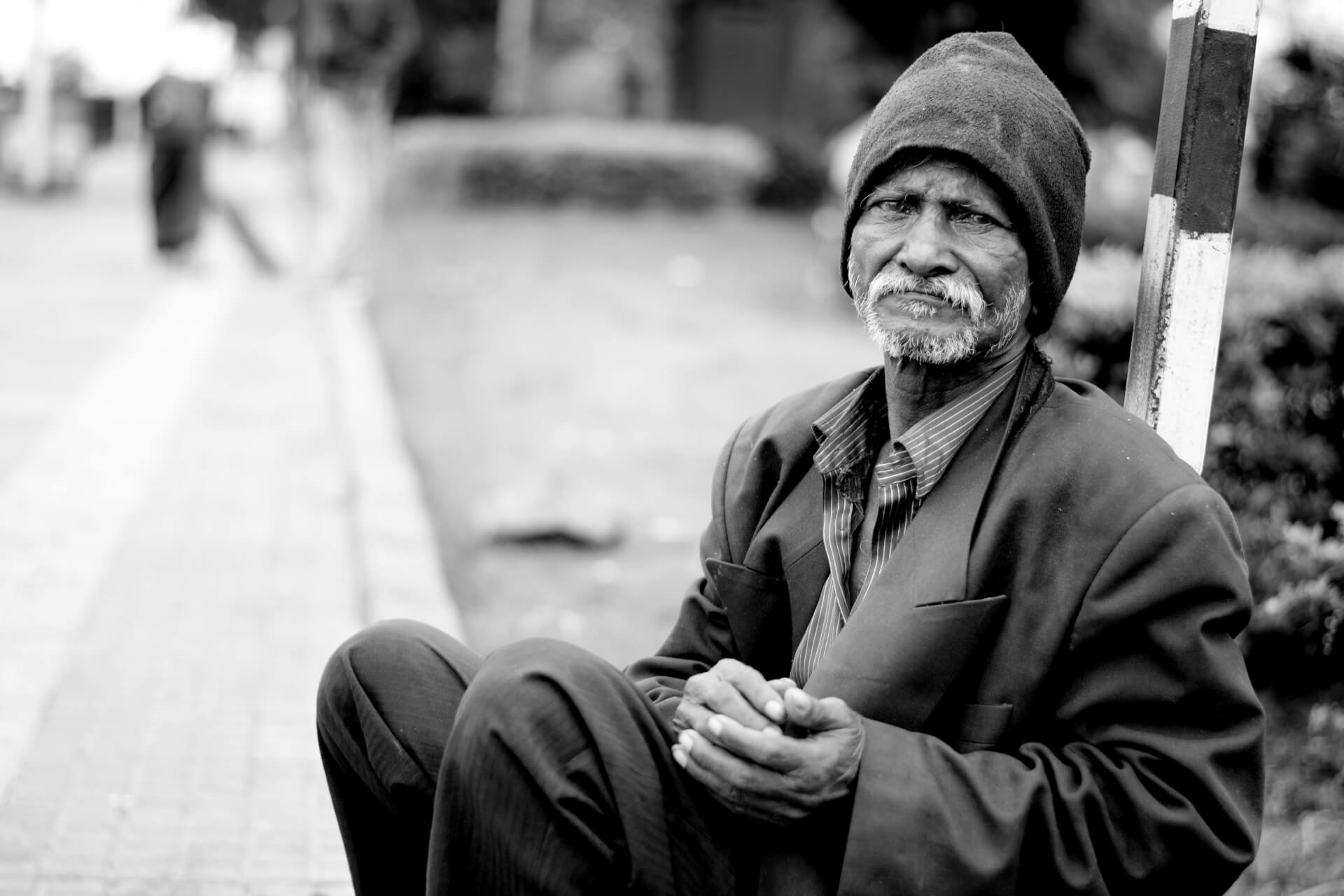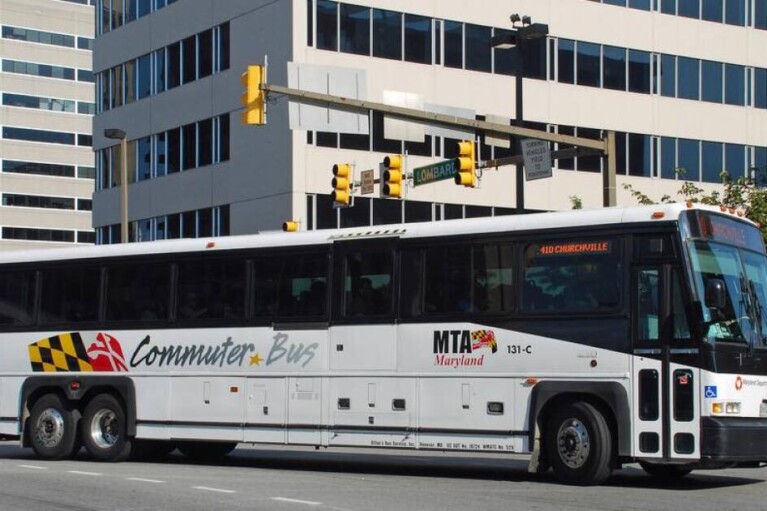
Our great American experiment faces its oldest challenge again. We find it painful to see unfulfilled high expectations leading again to frustration, anxiety and protest. Science tells us that tribalism and unconscious bias are human traits likely caused by our neurophysiology and social structures.
We have been living with these limitations since before history began. Many municipalities have instituted unconscious bias training, particularly in law enforcement organizations. But little proof exists that it improves social outcomes.
The passion of recent peaceful protests reveals a great national will to eliminate disparities and the divisions that arise from them. Shared purpose and decision making can help us overcome these barriers and our baser instincts. The improvement of behavioral health treatment and research could help us reach that goal.
Proposed here is the construction of many large behavioral health hospital complexes throughout the nation in socioeconomically depressed areas. This would be a heavy lift requiring much funding, community engagement, and leaps of faith, but potential benefits of this worthy investment include improved community health and safety, and decreased homelessness, incarceration and recidivism. Let’s dream the big dream of growing life-giving community resources.
The announcement of plans, along with seed funding, would immediately increase hope in the community. The entire community would be engaged in planning and constructing the facility, new infrastructure, and the nearby revitalized neighborhoods. Prioritizing local business involvement, staffing with local recruits, and establishing apprenticeships and training through low-cost, adept community colleges would benefit generations with modern, upwardly mobile employment in the area and ensure a local stake in success.
According to the Substance Abuse and Mental Health Services Administration, poverty and mental illness have a complex, cyclical relationship. This new structure also would help improve behavioral health in the community by combating poverty.
Perhaps the most acute need exists among our estimated 550,000 homeless people.
The percentage of homeless people with behavioral health problems is significant and many carry more than one diagnosis. The cost to society for caring for a homeless person in supportive housing is roughly half of the annual $36,000 spent if they are left on the streets, according to the National Alliance to End Homelessness. By caring for them more humanely, we could save 10 billion dollars per year and build many behavioral health hospitals with that money alone.
Local law enforcement would be critical to provide frontline identification of those in need. Appropriate triage of troubled individuals by law enforcement working in concert with health professionals has been successful in decreasing deaths during the opioid epidemic. Applying this model more broadly in distressed communities would foster reconciliation between police and community.
The Office of Community Oriented Policing Services of the U.S. Department of Justice has stated that a more collaborative relationship between law enforcement and local communities leads to fewer and briefer incarcerations and less recidivism. Establishing a synergistic behavioral health complex would create a more supportive environment, especially if law enforcement officers found it desirable to live in the community and thereby achieve true community policing.
A large, comprehensive behavioral hospital complex would allow all forms of mental illness to be managed in one central location, improving efficiency in care delivery, research and treatment. Many people have both mental illness and substance use disorder.
Patients with more than one behavioral health diagnosis are particularly challenging to diagnose and treat but would derive great benefit from having many experts on hand at one location. Academic centers would likely arise, thereby fostering much needed greater diversity in medical academia.
With many recent advances, but still many holes in knowledge, behavioral health management is at an inflection point and could use a boost. We have great unmet and very costly needs in both behavioral health care and community restructuring. The confluence of society’s desire for constructive change, community activation, and medical breakthroughs provides us with an opportunity we must not miss.
— RENE DESMARAIS
The writer, a physician, is a trustee of Med Chi, The Maryland State Medical Society.




 Creative Commons Attribution
Creative Commons Attribution